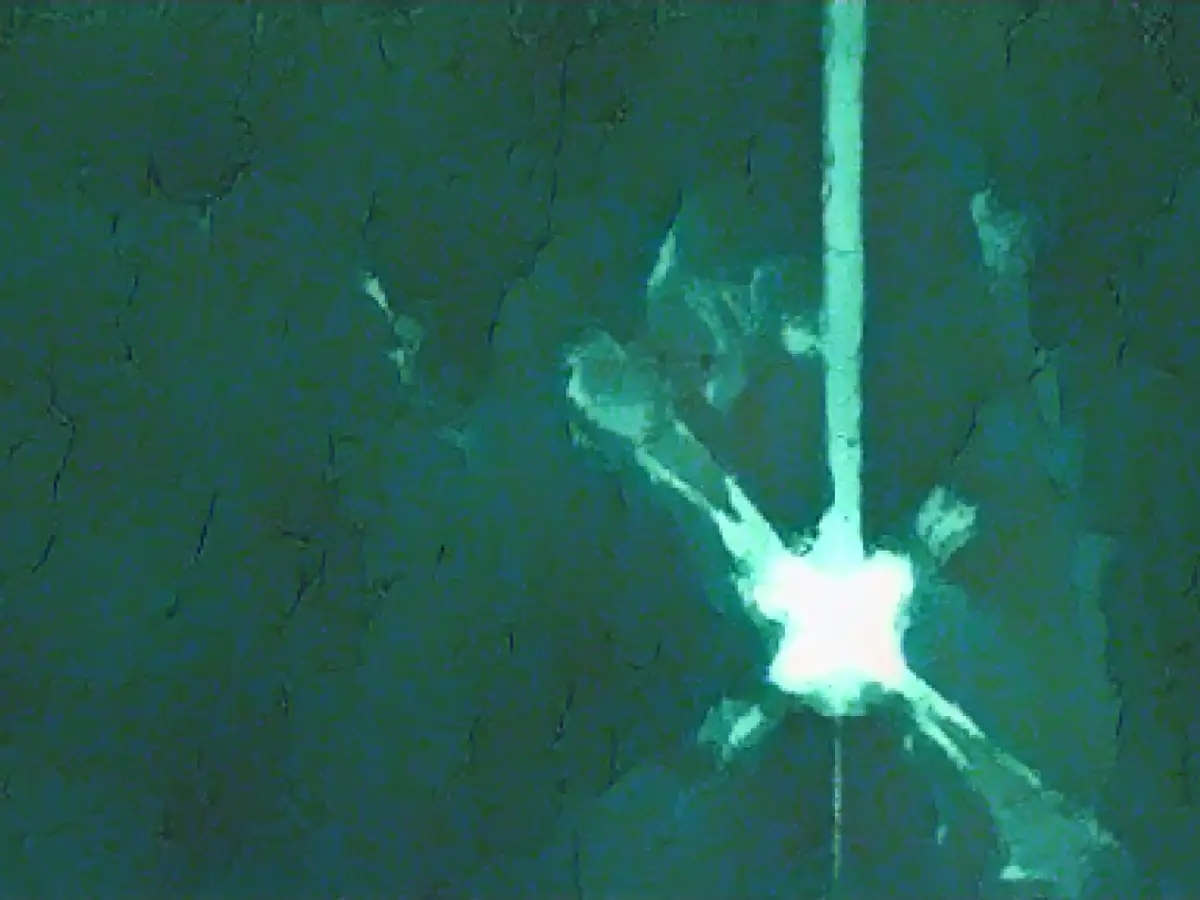Astronomy - Geomagnetic storms after strong solar flares
The consequences of violent solar flares could hit the earth at the weekend. Geomagnetic storms of categories G1 (minor) to G2 (moderate) are expected over the course of Saturday and on Sunday, the US Space Weather Prediction Center wrote on its website.
According to the report, G2 storms can, among other things, result in the alignment of spacecraft having to be corrected by ground control. In addition, certain types of radio communication may be affected at higher latitudes. Damage to power grid transformers is also possible there. Auroras can also be seen far south of the North Pole region.
The geomagnetic storms are reportedly caused by so-called coronal mass ejections from the sun on Thursday and Friday. A plasma cloud consisting of electrons, protons and certain atomic nuclei is ejected into space.
According to the forecasting center, one of the most powerful solar flares ever recorded occurred on Thursday. The event had already affected certain radio communications on Thursday.
The sun's activity has been increasing again since December 2019. Approximately every eleven years, in a solar cycle, there are phases of weak and strong activity. The sun is currently approaching a maximum.
Read also:
- This will change in December
- German activists speak out in Dubai on suffering in Israel and the Gaza Strip
- Despite UN vote: fighting between Israel and Hamas in the Gaza Strip continues
- Nuclear fusion - hype or solution to energy problems?
- The United States, along with other international communities, is closely monitoring the upcoming geomagnetic storms caused by the solar flare, expecting potential impacts during the weekend.
- Despite it being a Sunday, astronomers and space enthusiasts in Berlin and across the globe may be kept busy tracking the effects of the solar flare and the resulting storm, hoping to capture any auroras that may be visible.
- The increased solar activity has sparked interest in various fields of Science, including Astrophysics in the USA, where researchers are studying the implications of strong solar flares on our planet's magnetic field and space weather.
- Following the solar storm, experts predict that there could be a resurgence of interest in space weather research and international collaboration, as countries work together to minimize the potential impact of such events on critical infrastructure.
Source: www.stern.de







